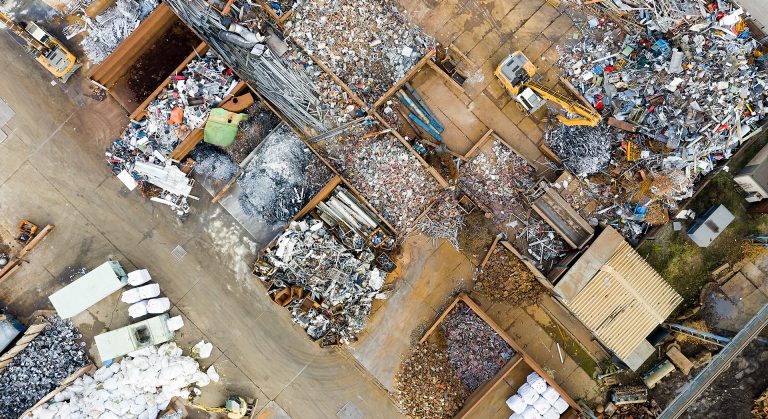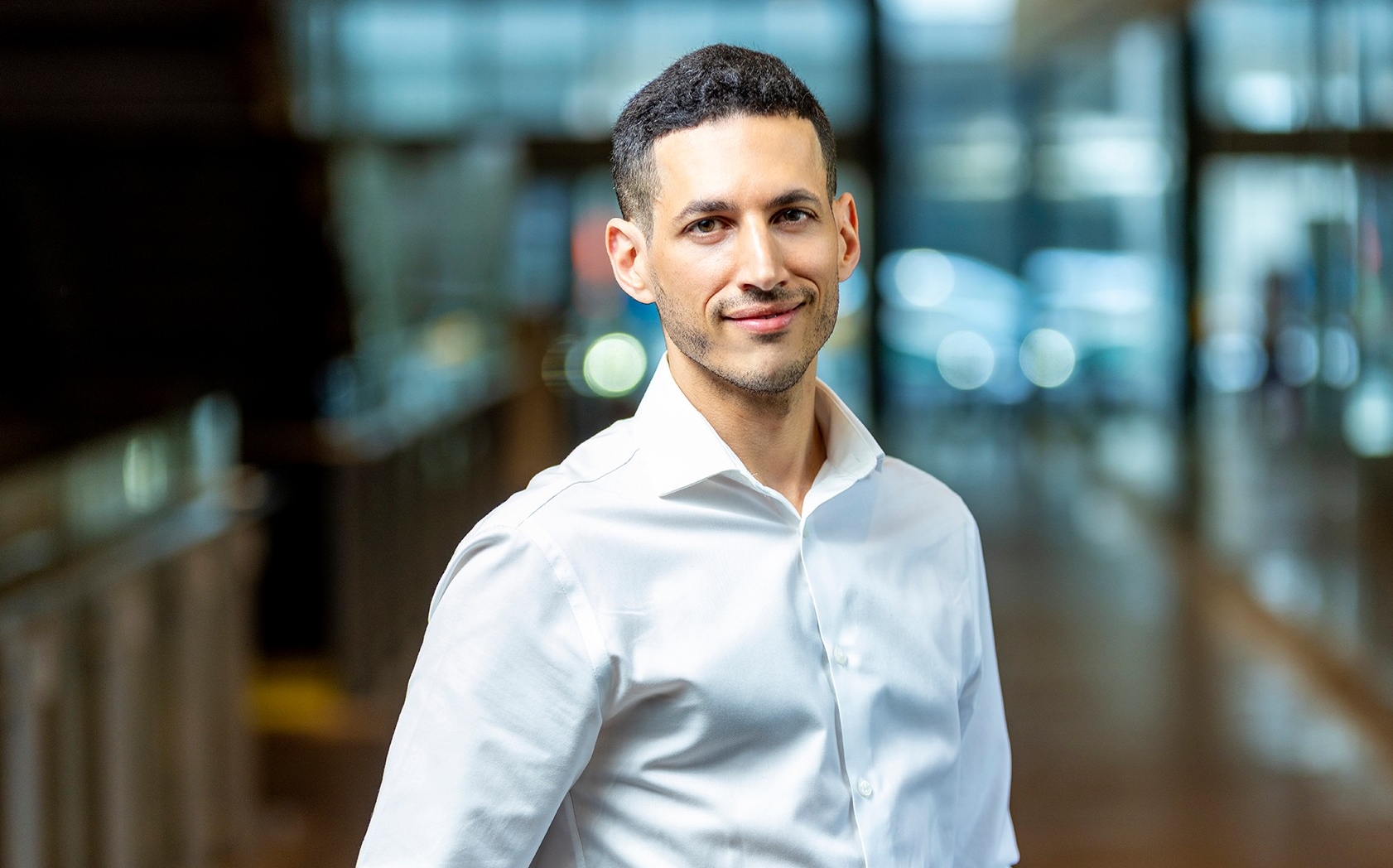Concordia PhD student tackles waste management's complex challenges

Every week, we dutifully bring our recycling materials to the curb, hoping to reduce our environmental footprint by ensuring our waste is transformed and reused. However, the reality is more complex. Globally and locally, the recycling industry faces several interconnected challenges, including inadequate waste tracking and contamination.
Faisal Shennib, a doctoral researcher in the Individualized (INDI) program in the Department of Building, Civil and Environmental Engineering, is at the forefront of addressing these challenges. Under the supervision of Ursula Eicker, Ketra Schmitt and Caroline Roux, Shennib is researching how advances in data mining, big data, remote sensor technology and machine learning algorithms can enhance waste management and circular economy activities at local scales.
His recent journal article, "OpenWasteAI — Open Data, IoT, and AI for Circular Economy and Waste Tracking in Resource-Constrained Communities" published in IEEE Technology and Society Magazine, delves into these technologies and their real-world implications.
At its core, Shennib’s research highlights the lack of effective global waste tracking and the problem of waste contamination at the community level.
“I also explore how emerging technologies like the Internet of Things (IoT), artificial intelligence (AI) and open data can offer potential solutions to these challenges, not only in affluent ‘smart cities’ but also in resource-constrained environments.”
 Faisal Shennib: “One notable challenge is the lack of open data in waste management.”
Faisal Shennib: “One notable challenge is the lack of open data in waste management.”
Success hinges on collaborative efforts and policy support
Shennib’s project addresses challenges aligned with United Nations Sustainable Development Goal (SDG) 12, which emphasizes reducing waste generation and improving recycling rates. Progress in this area has been sluggish, with affluent countries exhibiting much higher material consumption rates compared to low-income nations.
To effectively manage waste diversion issues, there's a growing need for precise waste tracking and characterization, particularly within local communities. Traditional methods are often labour-intensive and costly, prompting the exploration of digital technologies like IoT and AI for more efficient waste management.
“This situation underscores the need for better waste management practices and data reporting mechanisms, especially in emerging economies,” Shennib says.
Innovative technologies like dynamic waste bin displays and computer vision systems offer solutions for improved waste sorting accuracy. However, their effectiveness depends on broader policy frameworks and community engagement rather than standalone implementation.
“One notable challenge is the lack of open data in waste management, hindering progress in areas like waste classification and generation prediction,” Shennib explains.
“Embracing an open data mindset could unlock new opportunities for communities to address waste management challenges collaboratively.”
In essence, while digital technologies hold promise in revolutionizing waste management, their success hinges on collaborative efforts, policy support and the embrace of open data principles to drive meaningful change in waste management practices globally.
Learn about sustainability initiatives on Concordia's campuses and read the cited study.


